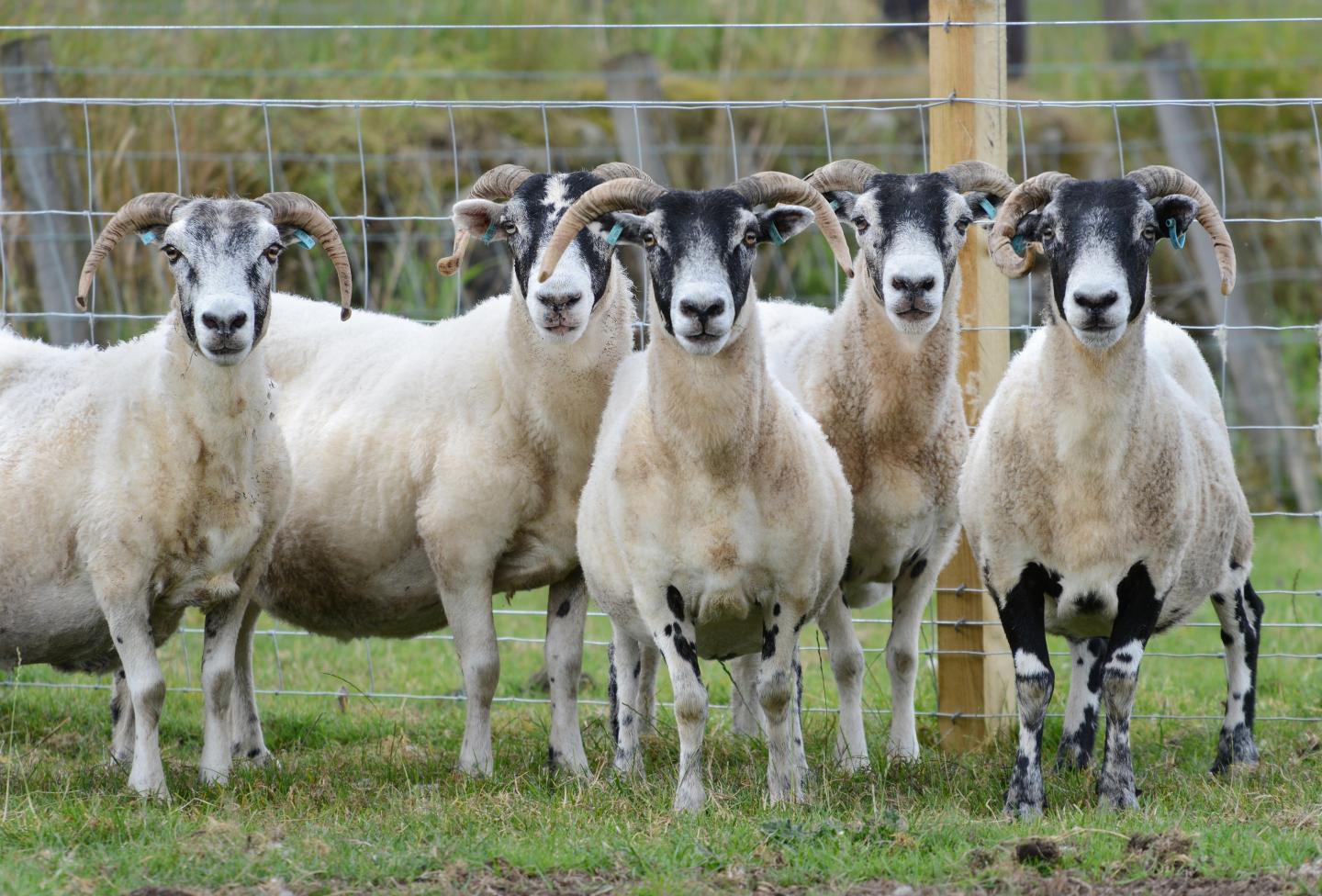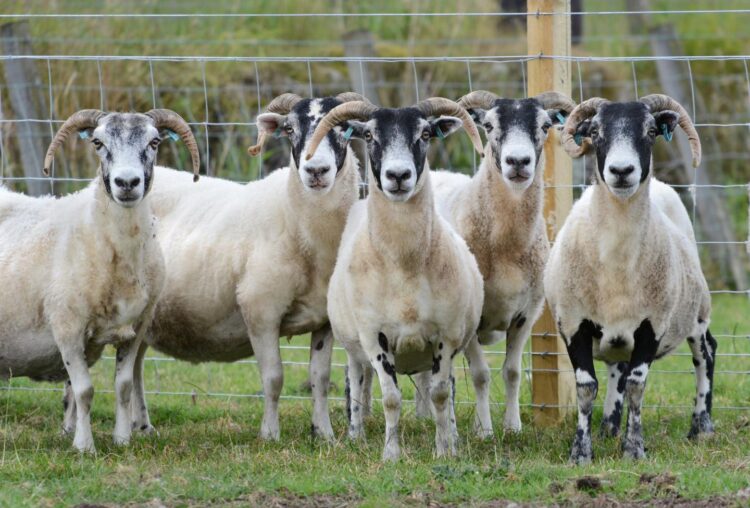
Credit: University of Edinburgh
Scientists have discovered how a biological switch helps animals make the seasonal changes crucial for survival, such as growing a warm winter coat and adjusting body temperatures.
The findings reveal how the brain responds to short and long days to allow animals to adapt to changing conditions and governs vital behaviour such as breeding cycles.
Researchers say the study in sheep could help explain the timings of seasonal adaptations in a number of species such as birds, reptiles and mammals.
The body’s internal clock choreographs cycles in hormone levels and affects traits such as sleep and hunger. These alter over the course of the day – known as circadian rhythms – and are influenced by genetics.
Similar rhythms are also seen seasonally, but until now it was unclear how genes play a role in the biological changes that fluctuate between winter and summer.
Researchers led by the Universities of Edinburgh and Manchester studied an endocrine gland attached to the brain called the pituitary gland in sheep experiencing short or long lengths of day.
Brain tissue was analysed for gene activity across time, allowing scientists to observe the biological processes that happen in response to different day lengths.
They found that one of two possible biological mechanisms is activated within the pituitary gland depending on whether the day is long or short.
In summer when nights are long, the brain generates hormones that cause a cascade of gene activity leading to biological characteristics associated with summer.
When nights are short in winter, the switch is flipped – night-time hormones are released for longer, triggering biological processes linked to winter.
The study found that in the sheep brain, both processes involve a circadian gene known as BMAL2, which is found in many animals but whose role in the seasonal clock was previously unknown.
The study, published in Nature Communications, was funded by the Biotechnology and Biological Sciences Research Council. The DOI is 10.1038/s41467-020-18061-z.
The Roslin Institute receives strategic investment funding from the Biotechnology and Biological Sciences Research Council and it is part of the University of Edinburgh’s Royal (Dick) School of Veterinary Studies.
Professor Simone Meddle, who co-led the research from the University of Edinburgh’s Roslin Institute, said: “Fluctuations in hormones and behaviour are part of a delicate biological orchestra that is crucial to life. Many animals depend on seasonal changes in their biology to survive and our findings are a crucial part of the puzzle to understand the underlying processes.”
Professor Andrew Loudon, who co-led the study from the University of Manchester, said: “The genetic ‘flip-flop’ timer we have identified is key to functions such as fertility as sheep transition between winter and summer. We speculate that this genetic timer is likely to be fundamental to yearly changes in many species.”
###
For further information, please contact: Kate McAllister, Press and PR Office, 07825923164, [email protected]
Media Contact
Kate McAllister
[email protected]
Related Journal Article
http://dx.





